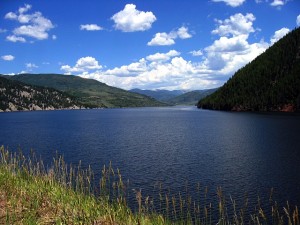 Green building, low carbon emissions and solar power have all gotten a lot of press in the past couple of decades. What seems to be lagging behind is water conservation and rainwater collection. All are important for sustainability, but without water, it won’t matter. WE are naturally dependent on water; we cannot live without clean drinking water.
Green building, low carbon emissions and solar power have all gotten a lot of press in the past couple of decades. What seems to be lagging behind is water conservation and rainwater collection. All are important for sustainability, but without water, it won’t matter. WE are naturally dependent on water; we cannot live without clean drinking water.
Tap water is relatively cheap – pennies on the dollar. WE pay very little for it due to bulk purchasing from manufacturing and agriculture. We have clean, safe drinking water piped to our homes and all we need to do is turn on the tap without giving it much thought at all.
What goes on behind the scenes is not a concern to most. Chlorine to disinfect along with fluoride for the health of our children’s teeth is all done by our water suppliers. All we have to do is pay our bill every month.
That is changing however; our infrastructure is beginning to show signs of aging. Boil your water alerts are becoming more commonplace. Pollutants are affecting our municipal water supplies more often.
Shortages due to drought conditions have affected many of our western states – the most newsworthy being California, where Folsom Lake,Northern California reservoir has mysteriously run dry, leaving thousands of fish dead. (Is anyone minding the store in California?) Washington State is also experiencing the worst drought ever recorded.
Small efforts are being made to get the word out by water suppliers. Voluntary water reduction has achieved a small percentage of actual impact since the drought is continuing into fall so far. Low snow pack is expected again this winter in the Cascades, both north and south. Efforts by water suppliers will be focused on education about conservation, but old habits are hard to break when water is so cheap. Homeowners and businesses can expect increases in prices, but that will have little effect on conservation. Breakdowns in infrastructure, accidental releases, and more contamination will become more common in the very near future.
Private rainwater collection will have the most positive effect on water shortages in the near future. A simple system to irrigate landscaping will save hundreds of millions of gallons of municipal water next summer. Toilet, laundry facilities, and wash down using rainwater collection might make the difference in municipal supply shortfalls. A potable whole house system provides a legal, viable source that puts the owner as being his own purveyor of his or her water source. Rainwater is a clean, reliable water source than can be collected during those rainy periods and stored for dry months.
Progressive thinking on all sustainability efforts is good for the health of our planet, but water conservation and rainwater collection will be the most important.

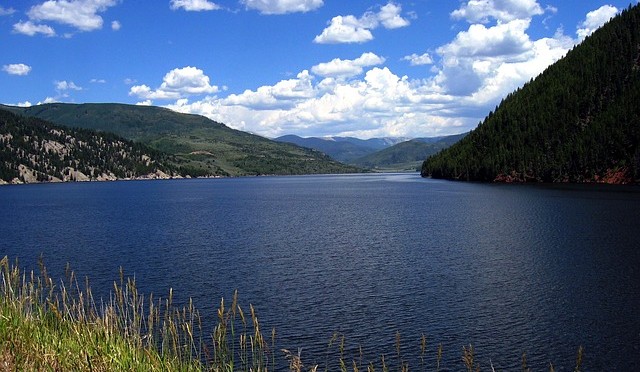
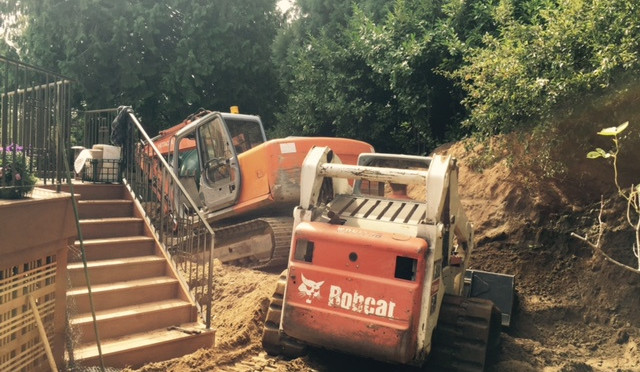
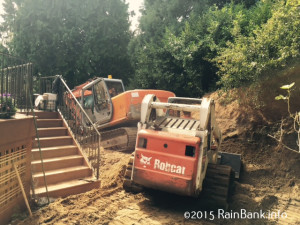 Potable water collection has Seattle residents singing in the rain.
Potable water collection has Seattle residents singing in the rain.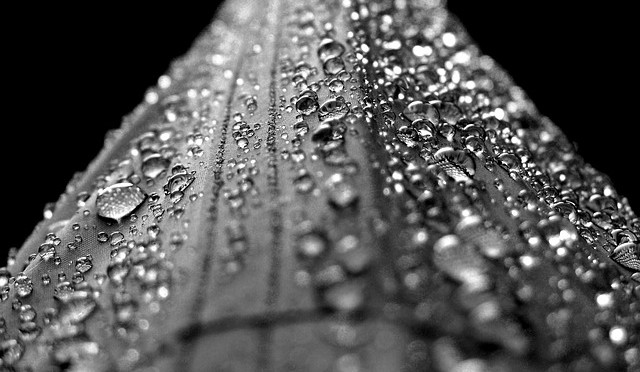
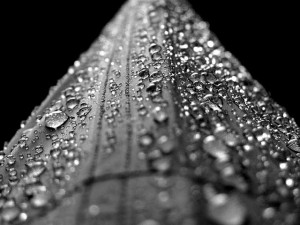 With little rain falling from the sky, the drought in Washington and California has forced the issue of mandates for businesses and individuals to cut water use.
With little rain falling from the sky, the drought in Washington and California has forced the issue of mandates for businesses and individuals to cut water use.